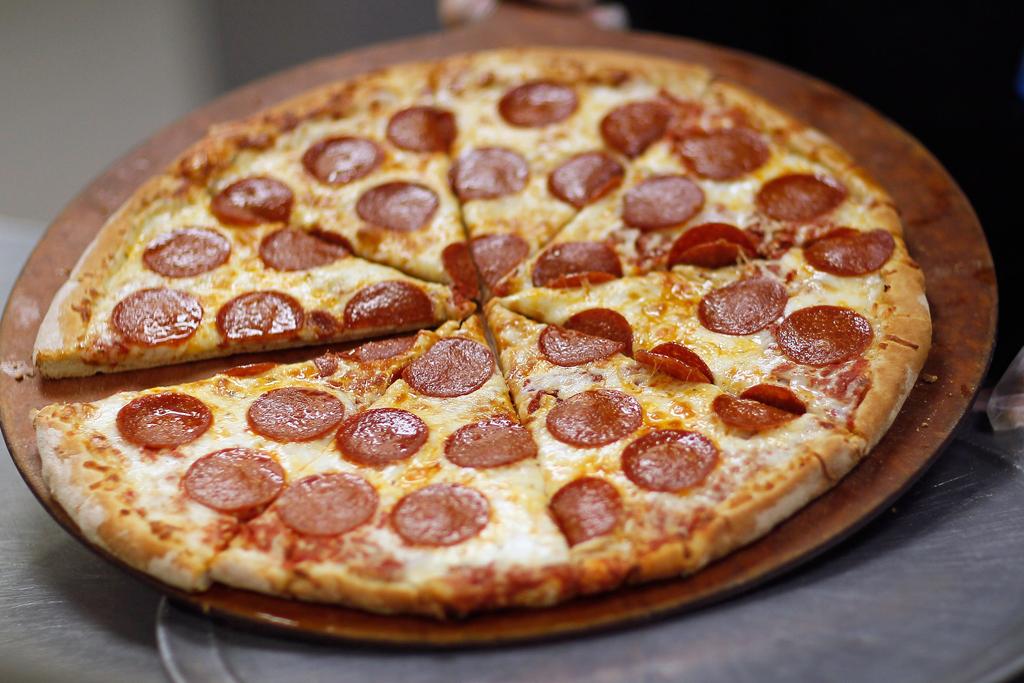Ordering food online may mean more calories, more money
A new study suggests ordering food online means fattier and more complicated meals.
When you order food online, you don't have to stand in line or interact with humans.
A new study suggests that this leads to consumers feeling less inhibited about ordering more complicated and fattier meals, according to The Wall Street Journal.
Ryan McDevitt, assistant professor of economics and management at the University of Rochester's Simon Graduate School of Business, conducted the study, based on data from a North Carolina pizza chain. The chain began giving customers the option to order online in 2009.
"It was a huge increase in these complicated orders," said McDevitt. According to his analysis of 160,000 orders over a four-year period, online orders were 15 percent more complicated and contained 6 percent more calories, when compared to orders placed by phone or in person.
More on GlobalPost: New York's trans-fat ban working: study
Tech blog Mashable noted last week that a Cornell University study reported that 40 percent of all adults have ordered food online. Of those who do use online ordering, 26 percent order fast food, according to the study. Apps like Snapfinger, Seamless, GrubHub and CityMint have made ordering online easier.
McDevitt's study suggests that online ordering reduces the social transaction costs. The paper says, "Because the potential embarrassment experienced from purchasing a pizza is comparatively limited, an even more dramatic shift in the sales distribution seems likely for more sensitive products when consumers become able to transact anonymously," according to NPR.
Meaning there's less guilt or hesitance involved in ordering a very complicated and indulgent meal.
As online ordering becomes more common, what impact will it have on our waistlines?
More on GlobalPost: Aggressive pre-diabetes approach can help prevent disease, study says
We want to hear your feedback so we can keep improving our website, theworld.org. Please fill out this quick survey and let us know your thoughts (your answers will be anonymous). Thanks for your time!
